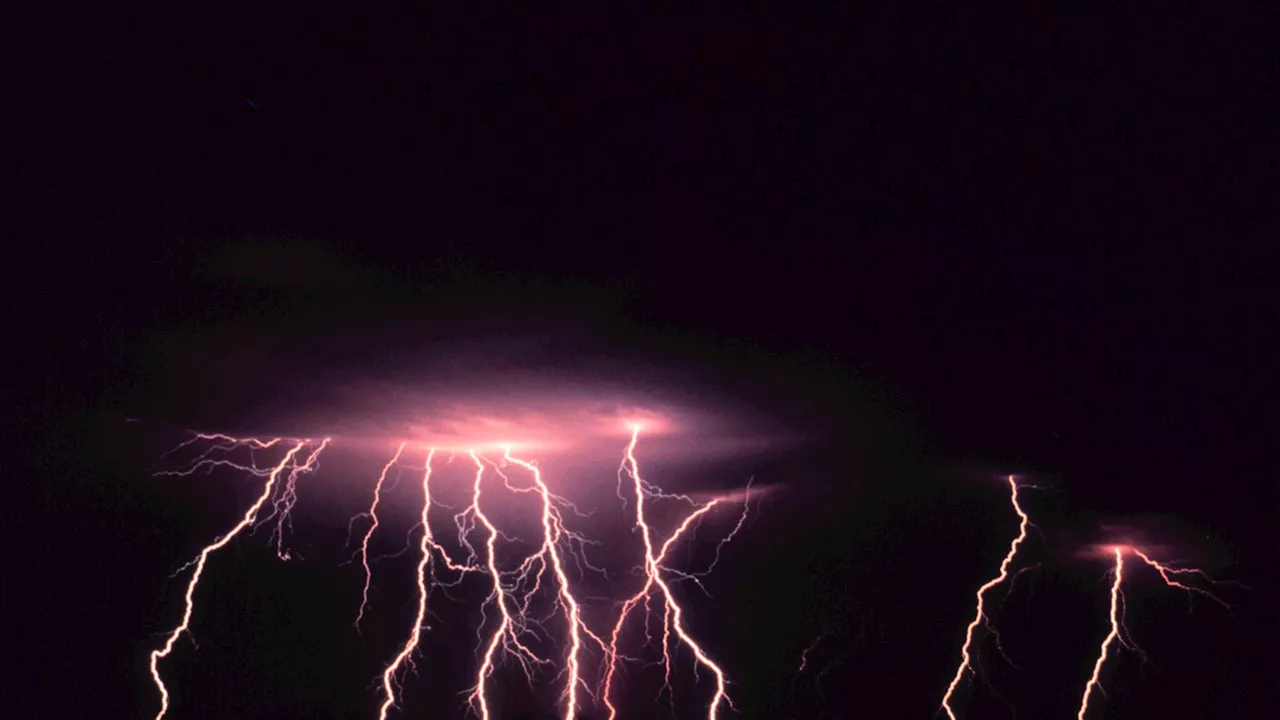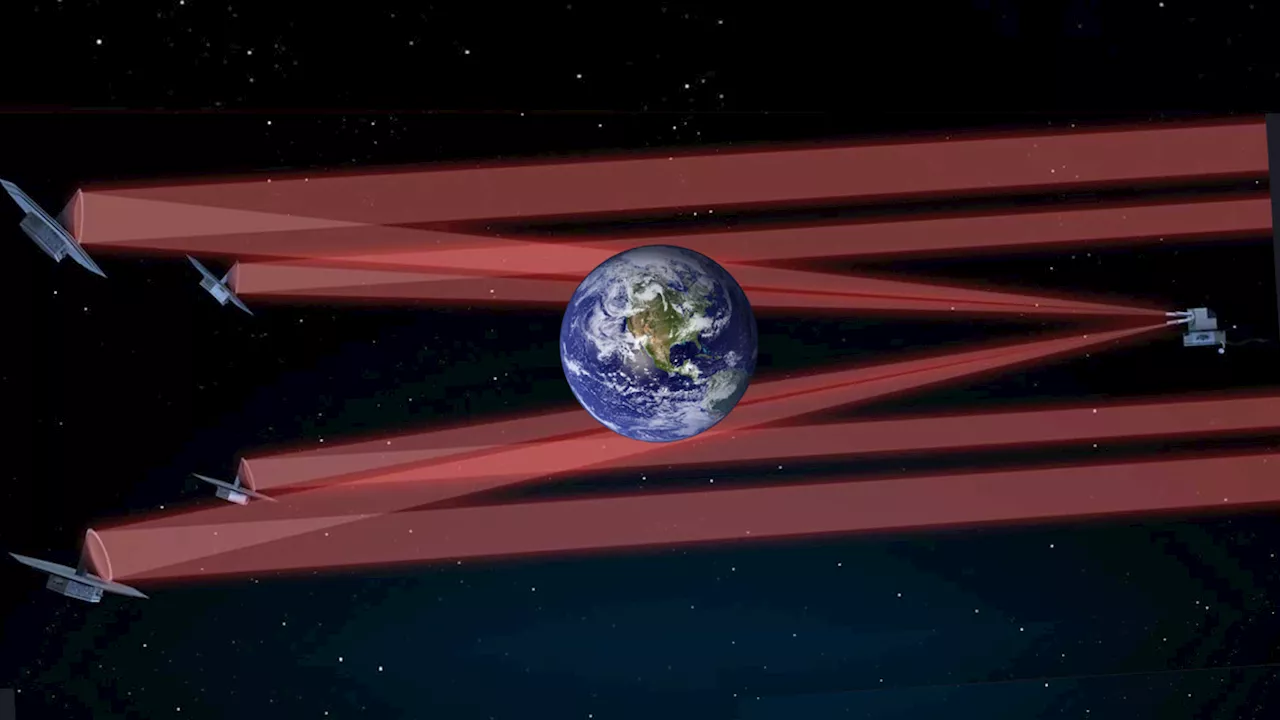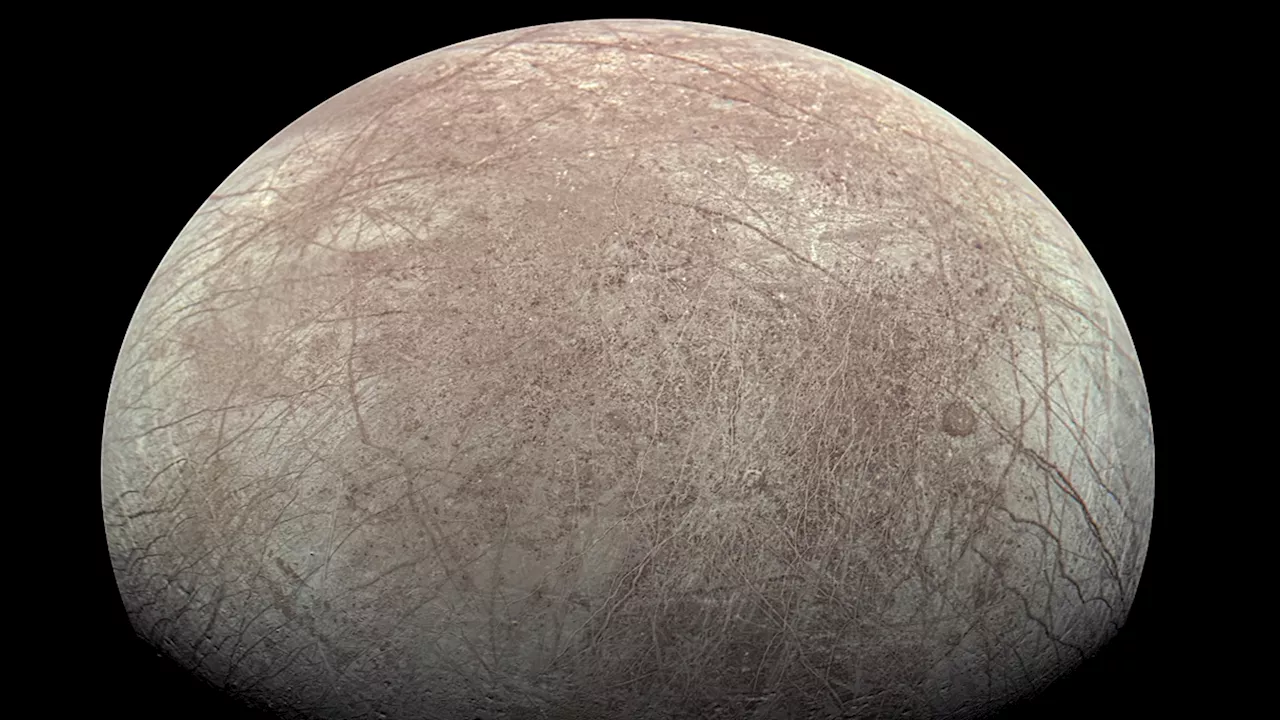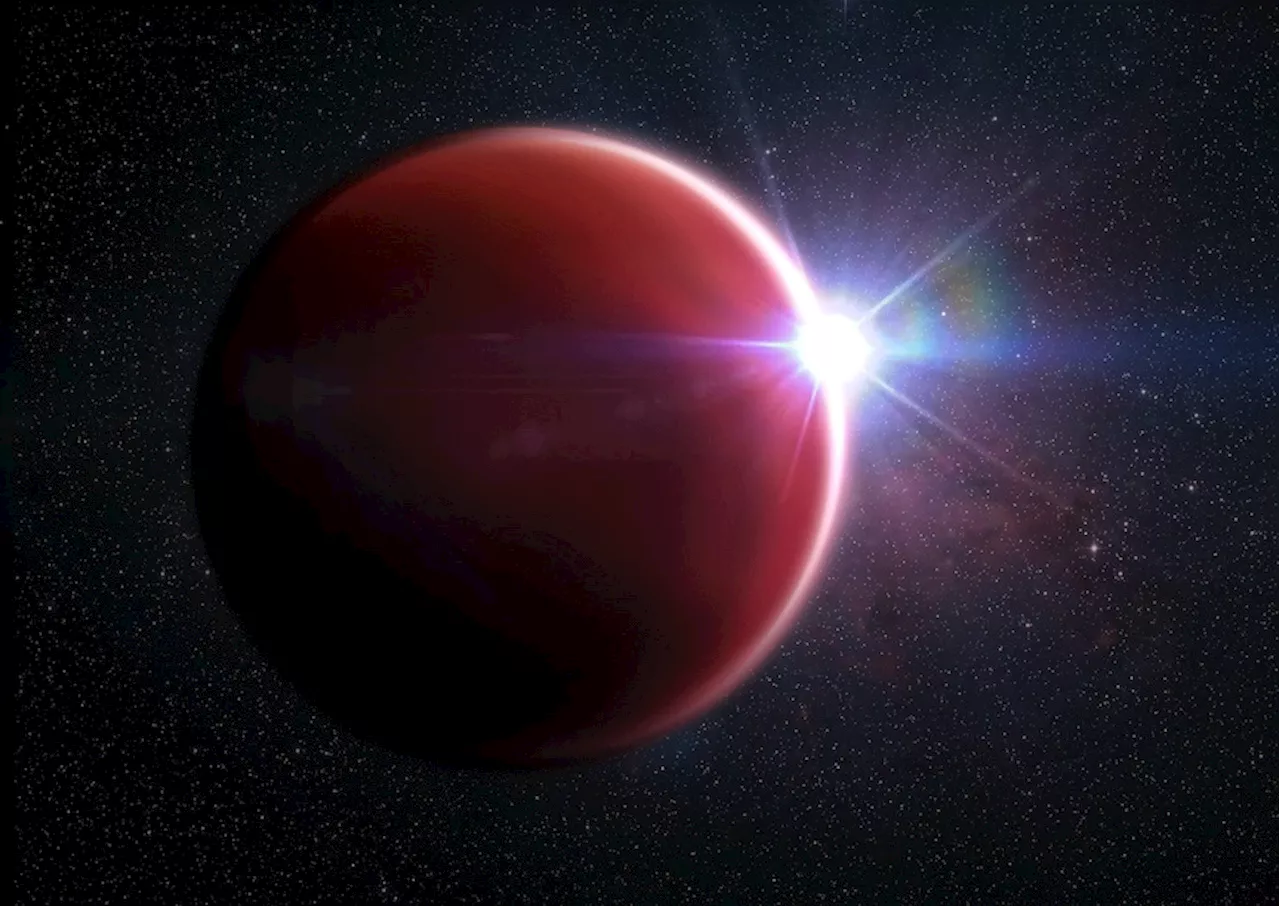Detecting chemical biosignatures on exoplanets is a painstaking process fraught with potential false positives. Is there a better way?
This artist's illustration shows the exoplanet WASP-62B. Searching for chemical biosignatures on exoplanets is a painstaking process, weighed down by assumptions and prone to false positives. Is there a better way to find exoplanets with a chance to support life? Image Credit: CfA
The fundamental goal that the pair of authors give voice to is a difficult one to reach. “This proves to be an exceptional challenge outside of our solar system, where strong assumptions must be made about how life would manifest and interact with its planet,” the authors explain. We only know how Earth’s biosphere works, and we’re left to assume what similarities there might be with other planets. We don’t have any consensus about how biospheres might be able to work.
The word ‘agnostic’ is key here. It means that they’re aiming to detect a biosignature that’s independent of the assumptions we’re normally saddled with. “This biosignature is agnostic because it is independent of strong assumptions about any particular instantiation of life or planetary characteristic—by focusing on a specific hypothesis of what life may do rather than what life may be,” the authors explain.
Panspermia is the idea that life is spread throughout the galaxy, or even the Universe, by asteroids, comets, and even minor planets. Credit: NASA/Jenny Mottor The authors’ model shows that the way planets are distributed around stars, along with their other characteristics, could be evidence of life without even attempting to detect chemical biosignatures. This is the agnostic part of their work. It’s more powerful than a one-planet-at-a-time struggle to detect biosignatures, as plagued as that effort is by assumptions. Single planets with detected biosignatures can always be explained away by something anomalous.
Terraformed planets can be identified from their clustering, the authors claim. That’s because when they’re terraformed, the planets need to reflect the originating planet.
United States Latest News, United States Headlines
Similar News:You can also read news stories similar to this one that we have collected from other news sources.
 Dishabituation: How to trick your brain to find more joy in lifeLearning a psychological trick to overcome your brain's tendency to stop noticing things could help you love your old clothes, notice the effects of climate change and fix gender biases, says neuroscientist Tali Sharot
Dishabituation: How to trick your brain to find more joy in lifeLearning a psychological trick to overcome your brain's tendency to stop noticing things could help you love your old clothes, notice the effects of climate change and fix gender biases, says neuroscientist Tali Sharot
Read more »
 Dwayne 'The Rock' Johnson wants to find whoever made Rebecca Ferguson's life miserableAfter Rebecca Ferguson revealed an awful experience with a co-star, Dwayne Johnson stepped up to say 'wasn't me'
Dwayne 'The Rock' Johnson wants to find whoever made Rebecca Ferguson's life miserableAfter Rebecca Ferguson revealed an awful experience with a co-star, Dwayne Johnson stepped up to say 'wasn't me'
Read more »
 Impact Craters: Why study them and can they help us find life elsewhere?Space and astronomy news
Impact Craters: Why study them and can they help us find life elsewhere?Space and astronomy news
Read more »
 How lightning on exoplanets could make it harder to find alien lifeBriley Lewis (she/her) is a freelance science writer and Ph.D. Candidate/NSF Fellow at the University of California, Los Angeles studying Astronomy & Astrophysics. Follow her on Twitter briles_34 or visit her website www.briley-lewis.com.
How lightning on exoplanets could make it harder to find alien lifeBriley Lewis (she/her) is a freelance science writer and Ph.D. Candidate/NSF Fellow at the University of California, Los Angeles studying Astronomy & Astrophysics. Follow her on Twitter briles_34 or visit her website www.briley-lewis.com.
Read more »
 If aliens had our life-hunting equipment, could they find us?Robert Lea is a science journalist in the U.K. whose articles have been published in Physics World, New Scientist, Astronomy Magazine, All About Space, Newsweek and ZME Science. He also writes about science communication for Elsevier and the European Journal of Physics. Rob holds a bachelor of science degree in physics and astronomy from the U.K.
If aliens had our life-hunting equipment, could they find us?Robert Lea is a science journalist in the U.K. whose articles have been published in Physics World, New Scientist, Astronomy Magazine, All About Space, Newsweek and ZME Science. He also writes about science communication for Elsevier and the European Journal of Physics. Rob holds a bachelor of science degree in physics and astronomy from the U.K.
Read more »
 Europa, Jupiter’s Moon may not have life after all, studies findRecent studies reveal surprising obstacles in the quest for extraterrestrial life on Jupiter's moon. Is Europa's ocean truly uninhabitable?
Europa, Jupiter’s Moon may not have life after all, studies findRecent studies reveal surprising obstacles in the quest for extraterrestrial life on Jupiter's moon. Is Europa's ocean truly uninhabitable?
Read more »
